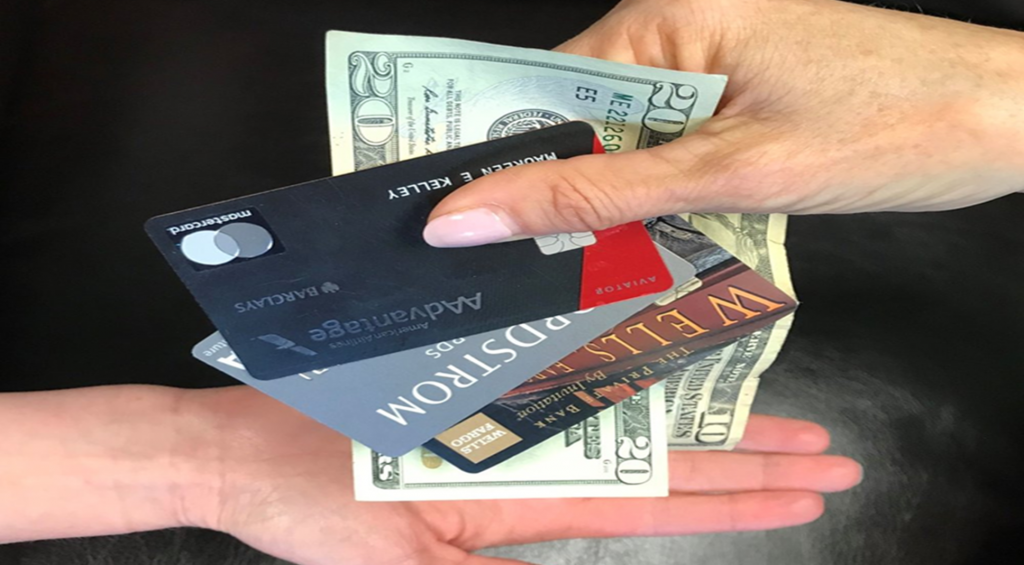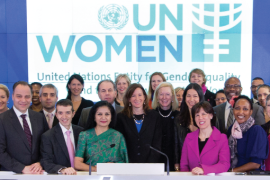A recent survey has disclosed that fewer than half (45%) of women feel financially independent.
Contrarily, approximately 38% of women who do not assess themselves as financially independent, feel they cannot make their own life choices and decisions as a result of outstanding debts or dependence on a partner’s income.
A study comprising more than 1,000 women in the United Kingdom was conducted by investment management company Fidelity International, which revealed that more than 1 in 10 women, which is 11% of women that make up the study population, are doubtful they will ever attain financial independence.
For almost half of the study’s respondents, 48% cited the increased cost of living as the biggest difficulty in enhancing their financial independence. Low-income levels and anxieties around job security were noted as additional challenges with about 19% indicating that they are anxious about their ability to support themselves or their family.
The global pandemic has accentuated this challenge as the severe economic downturn continues to affect the employment market. The fear of being out of work can sometimes make women stay in jobs that keep them underemployed with wages insufficient to cater for their financial needs. This in turn hampers and reduces the likelihood of ever gaining financial independence.
Barely around 32% of the Fidelity International study respondents feel certain about attaining their financial expectations, and the same proportion is hoping to live comfortably in retirement.
Less than 28% said they are free from worrying about money and many of these women who attest to their financially-independent status indicated that they have enough income to cover their outgoings or are free from debts.
When asked what the most significant factors were to attain financial autonomy, respondents said having personal savings to cover unpredictable expenses, and a long-term plan for retirement or a pension pot was crucial.
Moreover, financially independent women are associated with a more progressive society that is healthier and safer. They serve as role models to their children and contribute to the eradication of long-standing gender biases in our culture.
Maike Currie, investment director at Fidelity International, said: “Female financial independence is important. Having control over our finances enables us to adjust to changing circumstances, undertake challenges head-on and take hold of opportunities to shape the lives we want. Yet less than half of UK women feel financially independent.”
“Low-income levels, fears about job security and the compromise many women are forced to make between work and family responsibilities are all mentioned as barriers to achieving financial independence.”
“We all have an important role to play in breaking down the barriers which are currently stacked against women and impact their financial wellbeing,” she added.
The disparity between women’s income levels and the rising cost of living is one of the main challenges standing between them and financial independence.
While this continues to weigh heavily on so many households – as inflation continues to rise and household bills soar – women’s finances are likely to bear the brunt of this burden.
It is important that women create wealth, and thereby financial independence. This strengthens their ability to lead better lives without the fear and pressures that come from unforeseen circumstances. To build wealth, the first step to take would be to become financially intelligent. Learn about things such as money management and wealth creation.
Next up is to learn how to build a diversified investment portfolio, learn a skill that can be exchanged for money in form of a service or product, start a small or medium-scale enterprise and with consistent efforts you are well on your way to financial independence.





Comments are closed.